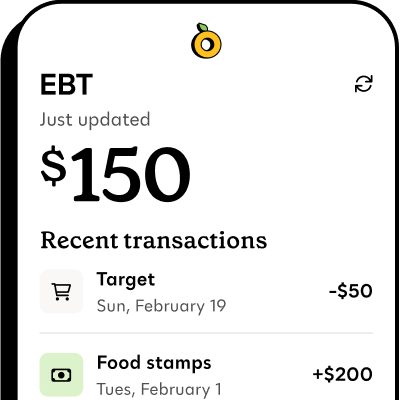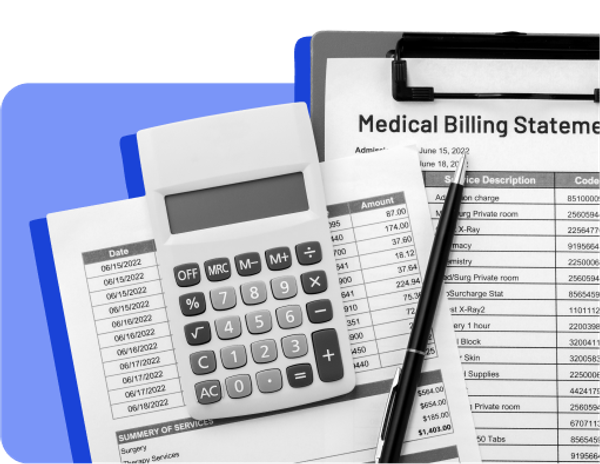
Starting in January 2027, adults ages 19 to 64 must work 80 hours a month to keep Medicaid coverage unless they qualify as exempt. This is a change instituted by the new legislation, typically called the “ Big Beautiful Bill,” which President Trump signed into law in July 2025.
Learn how the Medicaid work requirements (also known as community engagement requirements) are changing and what you can do to prepare.

Propel is the #1-rated EBT balance checking app
Are there existing Medicaid work requirements?#are-there-existing-medicaid-work-requirements
Before the new law, the federal government had no work requirements for Medicaid. That means that as long as you qualified, you didn’t need to prove you were working in order to get health care coverage under Medicaid.
But the new law means changes to Medicaid work requirements for anyone who doesn’t fall into one of the exempt categories.
Updated Medicaid work requirements (starting January 2027)#updated-medicaid-work-requirements-starting-january-2027
Starting in January 2027, adults between the ages of 19 and 64 must prove they’re working 80 hours a month to qualify for Medicaid.
But states have the option to start this requirement earlier than January 2027 if they choose, so it’s possible that these new rules could go into effect sooner, depending on where you live.
For example, Nebraska has announced that it will implement Medicaid work requirements before the 2027 federal deadline. The state plans to begin enforcing the new rule on May 1, 2026. This makes Nebraska the first state to move forward early with these changes.
What counts as work for Medicaid?#what-counts-as-work-for-medicaid
Under the new work requirements for Medicaid, you must show proof of 80 hours of total work per month.
But “work” can mean paid employment, volunteering, seasonal work, education programs, or a mix and match of different options.
- Paid employment. You can meet the work requirement by performing any type of paid job for at least 80 hours per month.
- The equivalent of 80 hours of “federal minimum wage.” You need to earn the equivalent of 80 hours under minimum wage ($7.25 an hour) to meet work requirements. 80 hours of work under federal minimum wage is $580, meaning you can earn that income through self-employment, business ownership, or other means and still qualify.
- Community service. Community service, unpaid job training, or an unpaid work program also qualify as work under the new Medicaid work requirements. To qualify, you must complete at least 80 hours of community service. You can find opportunities to volunteer at local nonprofits, food banks, or other organizations in your area.
- Education. Going to school at least half time meets Medicaid work requirements.
- Seasonal work. If you work seasonally but your average monthly income over the past 6 months is equivalent to 80 hours of federal minimum wage ($580 per month), that counts for the work requirements.
You can mix and match these options, just as long as the total reaches 80 hours a month. That could mean working 60 hours at a paid job with an additional 20 hours of community service.
If you don’t meet the new Medicaid work requirements, your state will send you a notice, giving you 30 days to either correct the issue or provide an explanation.
If you don’t respond or qualify as exempt from the work requirements, you could lose your Medicaid coverage starting the following month and have to re-apply.
Who is exempt from Medicaid work requirements?#who-is-exempt-from-medicaid-work-requirements
Some people will be excluded from the Medicaid work requirement, including:
- Adults over 65 and under 19
- People who are pregnant
- People who recently gave birth (within the last 12 months, in some states)
- People who receive SSI or are considered disabled, medically frail, or seriously ill
- Parents, guardians, or caregivers of a child age 13 or younger, or a person with a disability
- Veterans with a total disability rating
- Members of a federally recognized tribe, California Indians ( as defined under federal law), or people otherwise eligible for Indian Health Services (IHS)
- People who are incarcerated, or were incarcerated in the last three months
- People living in a county under a declared disaster or emergency, or with a high unemployment rate
- People participating in rehabilitation or substance abuse treatment
Preparing for Medicaid work requirements#preparing-for-medicaid-work-requirements
Medicaid work requirements will go into effect in January 2027 (or sooner, depending on your state).
Here are a few things you can do to prepare before Medicaid work requirements officially start.
- Make sure your contact information is up to date. Confirm with your state Medicaid office that they have your correct email, phone number, and mailing address. This makes sure renewal notices or information about work requirements will get to you.
- Check your mail. Notices about work requirements or renewal could come with short deadlines. Continue to check your mailbox to make sure you don’t miss updates.
- Apply for exemption if you qualify. If you fall into any of the exemption categories outlined above, reach out to your Medicare office today to learn more.
- Plan for work requirements. If you’ll need to meet the work requirements to qualify for Medicaid, start planning now. Consider finding work, education, or volunteer opportunities near you.
- Start tracking hours or income. Track hours or income that you make through paid opportunities or volunteering. Begin getting in the habit of getting a sign-off from a supervisor or work contact for the hours completed. You’ll likely need this type of documentation when Medicaid work requirements are instituted.
- Contact your state office with any questions. Medicaid work requirements may have different deadlines across different states. If you have questions around qualified work or exemptions, reach out to your state Medicaid office as soon as you can. As deadlines draw nearer, it may be harder to reach someone quickly.
- Know what Medicaid is called in your state. Take note of the official name of the Medicaid program in your state. Since Medicaid can go by other names, some people may not realize they or their children get health care through Medicaid.








